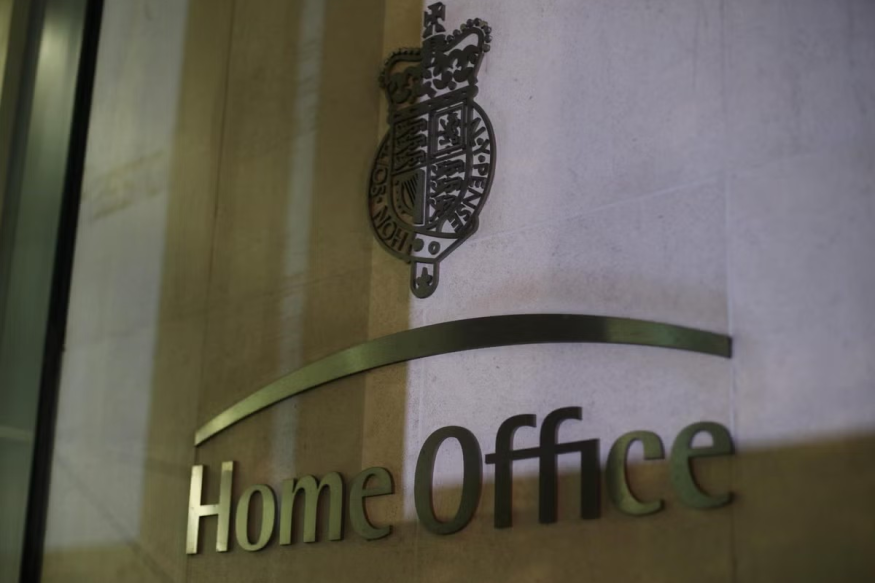
April 25, 2025
The UK government has sparked a heated debate by approving solar geo-engineering experiments aimed at combating climate change. These experiments, which involve releasing reflective aerosols into the atmosphere to dim sunlight, have been described by critics as an attempt to "play God" with the planet's climate system.
The Advanced Research and Invention Agency (ARIA) has allocated £50 million to fund these projects, which include outdoor trials to assess the impact of spraying particles into the sky. Scientists argue that these methods could provide a temporary solution to rising global temperatures, but the move has reignited long-standing conspiracy theories about "chemtrails."
For years, conspiracy theorists have claimed that governments secretly spray chemicals into the atmosphere for nefarious purposes, such as population control or weather manipulation. While these claims have been widely debunked, the announcement of official geo-engineering experiments has given new life to the "chemtrail" narrative. Social media platforms are now flooded with posts accusing the government of hiding the true intentions behind these experiments.
Proponents of solar geo-engineering insist that the trials are safe, transparent, and necessary to explore potential solutions to the climate crisis. However, opponents warn of unintended consequences, such as disruptions to weather patterns and agriculture. They argue that tampering with the atmosphere could have far-reaching and irreversible effects, likening the experiments to a dangerous gamble with Earth's future.
The controversy highlights the ethical and scientific dilemmas surrounding geo-engineering. As the UK moves forward with these experiments, the debate over whether humanity should intervene in the planet's natural systems continues to intensify. Whether seen as a bold step towards climate innovation or a reckless act of hubris, the experiments have undoubtedly captured global attention.
%20(1).jpg)







